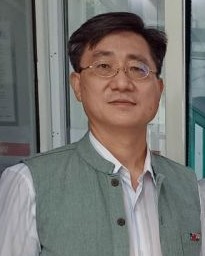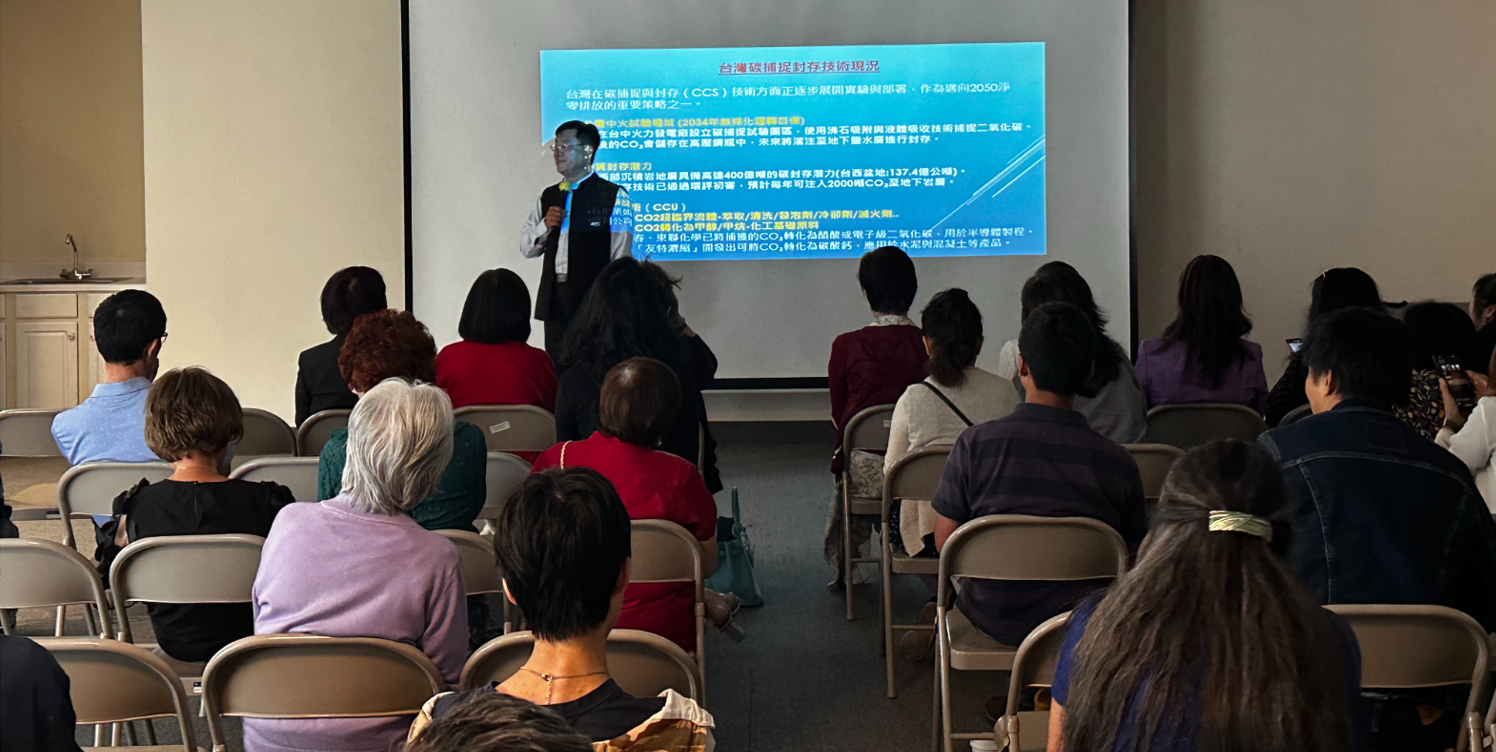
Prof. Chin-Tsan Wang is a Distinguished Professor in the Department of Mechanical and Electromechanical Engineering at National Ilan University (Taiwan). He serves as Director of the Space Computing Technology Center and previously led the Science and Technology Division at the Taipei Economic and Cultural Center in India. His career spans academia and science diplomacy, with research interests that include space technologies, energy systems, and international scientific collaboration.
As part of his visit to the United States from August 30 to September 6, 2025, Prof. Chin-Tsan Wang, Distinguished Professor in the Department of Mechanical and Electromechanical Engineering at National Ilan University and Director of the Space Computing Technology Center, met with CALCE faculty members Prof. Mike Pecht and Prof. Jay Lee at the University of Maryland.
The discussions focused on future opportunities for collaboration in the fields of energy storage, big data analysis, and medical imaging. These conversations reflected Prof. Wang’s broader mission of fostering Taiwan–U.S. scientific exchange and advancing joint research initiatives in cutting-edge technologies.
 In addition to his meetings with CALCE faculty, Prof. Wang delivered a keynote lecture on “The Current Status and Future of Taiwan’s Net-Zero Carbon Emissions” during his U.S. tour. Drawing on his extensive background in academia and science diplomacy, he explored Taiwan’s sustainable development strategies and highlighted the potential of integrating edge computing and drone technologies into smart energy management and environmental monitoring. His presentation attracted significant interest and engagement from the Taiwanese expatriate community.
In addition to his meetings with CALCE faculty, Prof. Wang delivered a keynote lecture on “The Current Status and Future of Taiwan’s Net-Zero Carbon Emissions” during his U.S. tour. Drawing on his extensive background in academia and science diplomacy, he explored Taiwan’s sustainable development strategies and highlighted the potential of integrating edge computing and drone technologies into smart energy management and environmental monitoring. His presentation attracted significant interest and engagement from the Taiwanese expatriate community.
Prof. Wang’s discussions with CALCE faculty underscore the importance of international collaboration in addressing emerging challenges in technology and sustainability, and highlight CALCE’s role as a partner in advancing global research initiatives.
For more information on CALCE’s international collaborations, contact Prof. Michael Pecht.
Top